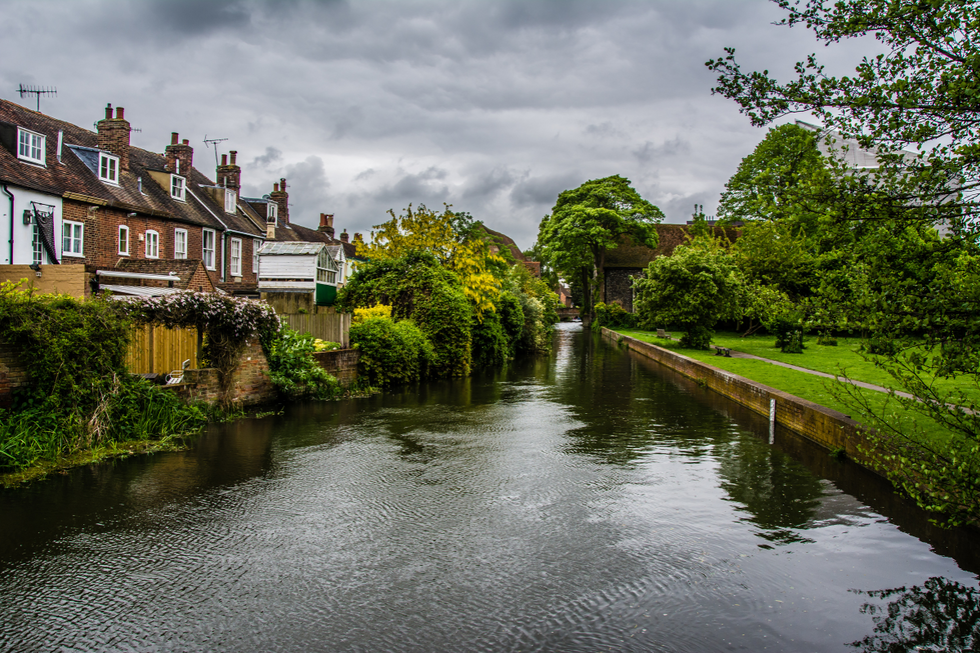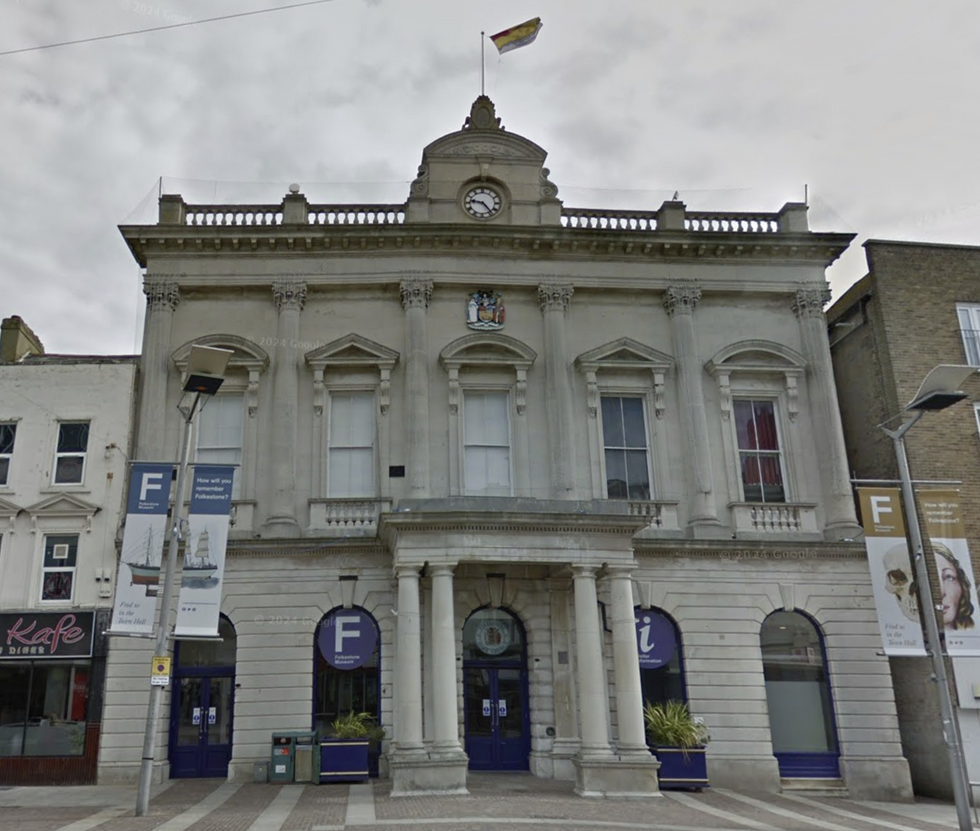An "extraordinary" Anglo-Saxon sword dating back 1,500 years has been unearthed in a Kent field, featuring a gilded silver hilt and remarkably preserved scabbard.
The exceptional discovery was revealed for the first time on BBC's Digging for Britain programme, found at the site of an early medieval cemetery near Canterbury and described as "one of the most extraordinary objects" ever seen on the show.
The high-status weapon was recovered from what experts believe to be a man's grave, complete with intricate patterns adorning its gilded silver hilt.
The remarkable find is part of a larger archaeological site that could contain up to 200 graves, though only 12 have been excavated so far.
The incredible find was uncovered near Canterbury, Kent
GETTY
The pendant features a serpent pattern that Dr Richardson believes could be linked to Scandinavian or Anglo-Saxon paganism, possibly paying homage to the cult of the pagan god Odin.
The site has also yielded other significant finds, including glass beads and extraordinary wrist clasps from the grave of a woman dating to the late fifth century.
Professor Duncan Sayer, the lead archaeologist, described the wrist clasps as "really quite special".
"I've never seen another example of this in the UK at all," he said, adding: "They are unique to the site. Almost certainly Scandinavian in character."
Additional discoveries include stone beads, buckles, and the remains of a wooden bucket, with one buckle suggesting connections to France.
The discoveries from the Kent cemetery site are set to undergo conservation before settling in their permanent home at the Folkestone Museum
Google Street View
The archaeological site near Canterbury is a point of significant historical discovery, with experts estimating it contains up to 200 graves in total.
To date, only 12 burials have been excavated, with the earliest grave belonging to a woman from the late fifth century.
The extensive cemetery dates back to a period when Kent existed as an independent kingdom, after Roman forces left Britain in 410AD.
The discoveries have provided valuable insights into the early Anglo-Saxon period, when Germanic tribes who emigrated from continental Europe merged with indigenous Britons.
Going forward, the excavation process is expected to continue for several years, given the substantial number of unexplored graves at the site.
The remarkable discoveries from the Kent cemetery site are set to undergo conservation before finding their permanent home at the Folkestone Museum.

 By GB News (World News) | Created at 2025-01-07 11:31:34 | Updated at 2025-01-08 11:17:08
23 hours ago
By GB News (World News) | Created at 2025-01-07 11:31:34 | Updated at 2025-01-08 11:17:08
23 hours ago










